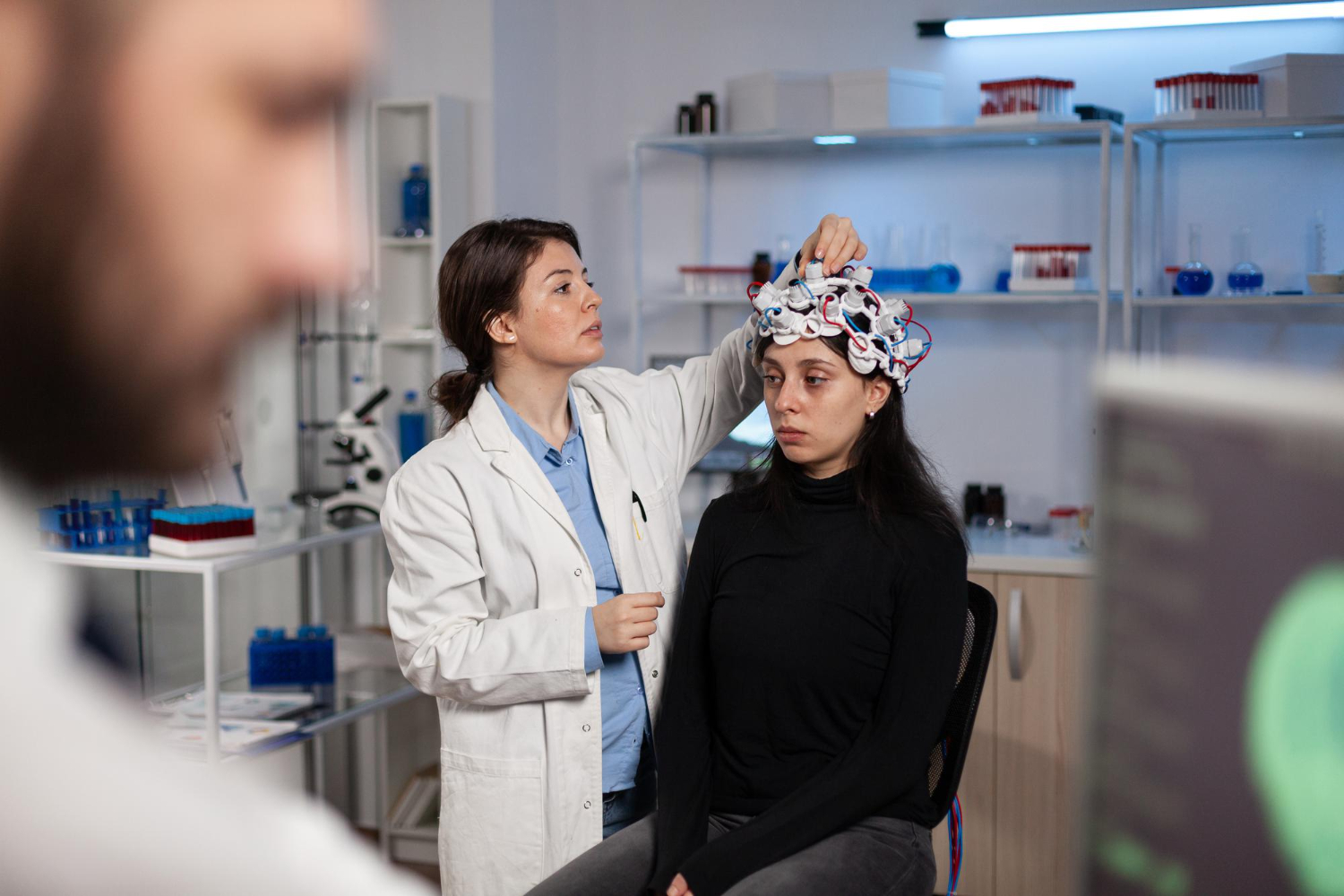Have you ever wondered what a neuropsychological assessment involves? This evaluation helps understand how your brain functions and impacts your behavior, memory, and thinking skills. It’s used to diagnose conditions like brain injuries, cognitive disorders, or learning difficulties, offering insights into cognitive strengths and weaknesses.
If you’re considering this assessment, preparing in advance can improve accuracy. Consider Neuropsychological Evaluation in Saint Paul, MN, for expert guidance. This service provides tailored assessments to clarify your cognitive health. Let’s explore more about what these evaluations include and how you can prepare effectively.
Understanding Neuropsychological Evaluation
Neuropsychological testing includes various tests that help doctors understand how your brain works. Neuropsychologists are specially trained to use the results to see how your brain health affects your behavior, mood, and thinking. These tests can help:
- Diagnose Issues: They help identify the cause of problems with memory or thinking, distinguishing between normal aging, neurological conditions, or other factors like depression or anxiety.
- Spot Strengths and Weaknesses: If you’ve had a brain injury or have a family history of brain issues, these tests can track changes over time and evaluate the effectiveness of treatments.
- Assess Risks: They help understand risks related to brain surgeries.
- Plan Treatments: The results can guide decisions about therapies, school or work adjustments, and skills to focus on.
What to Expect
During your visit, you will have a private meeting with a neuropsychologist to discuss your symptoms, review your history, and address your current concerns. After this, you will work with a technician on various tasks designed to assess abilities such as concentration, memory, learning, and language skills.
You might be asked to answer questions, complete paper-and-pencil exercises, or engage in tasks that resemble games or puzzles. Some tasks will be simple, while others will be more complex, as most people won’t complete them perfectly. Remember, there is no passing or failing, and many find these tasks enjoyable and intriguing.
How to Prepare for Neuropsychological Testing
- Get Sufficient Rest: Your activities the day and night before the test can influence its outcomes. It is highly recommended to avoid drinking alcohol or consuming other intoxicating substances the night before, as they can leave you feeling exhausted and dehydrated, on the morning of your test. Aim for a good night’s sleep to ensure that your brain functions optimally.
- Eat Before the Test: A healthy diet is crucial for keeping your body and brain nourished, but having a nutritious breakfast before the test is particularly important. It helps enhance mental performance and provides the energy and sustenance needed for the assessment.
- Ask Questions: Before your test, ask your neuropsychologist at Neuropsychological Evaluation in Saint Paul, MN, about the types of neuropsychological assessments you will undergo. Inquire about the expected duration of the testing and, if possible, schedule your appointment for a time when you are most alert during the day.
- What to Bring: Bring any items you may need to complete the tests, such as glasses and hearing aids. Note any prescribed medications and supplements with their dosages for the clinician. Also, include any necessary paperwork, such as a photo ID, insurance card, and a list of additional questions you might have.
Summing Up
The neuropsychological assessment is useful for understanding cognitive strengths and weaknesses and planning effective treatments. This will improve your overall well-being. So, if you are considering a neuropsychological evaluation, look for the best Neuropsychological Evaluation in Saint Paul, MN, who provide expert assessments tailored to your needs.
This guarantees that you get the best result and valuable guidance. Remember to follow the preparation tips provided and make the most of your assessment. This will help you gain valuable insights and clarity about your cognitive health.





